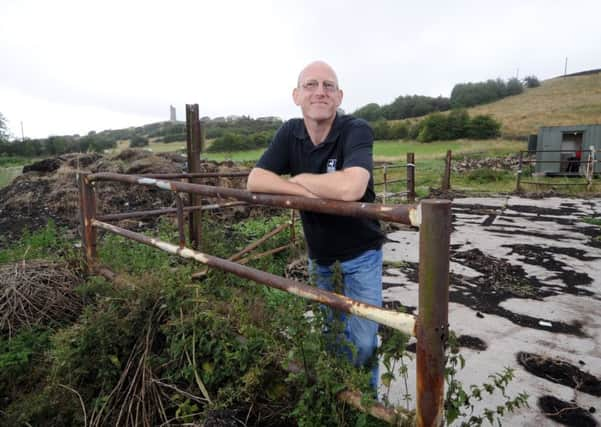Trust boss hails Brexit chance to restore Yorkshire wildlife


Yorkshire Wildlife Trust chief executive, Mr Stoneman, said: “Brexit is both a huge threat and huge opportunity for Yorkshire’s natural environment.
“The loss of European agricultural subsidies is likely to make most farming on the marginal soils of Yorkshire - i.e. most of West and North Yorkshire - uneconomic whilst the loss of European protections for wildlife could undo protection for some of Yorkshire’s most iconic landscapes.
Advertisement
Hide AdAdvertisement
Hide Ad“Alternatively, and providing the Government reinstates European protections to our wildlife, Brexit could allow the Government to pay land managers to provide those things that the land provides us that cannot be bought through the market – wildlife, clean water, flood protection, free access to open space, carbon storage and so on.
“If we get this right, we can reinvigorate agriculture within a free market and support those farmers whose incomes cannot be sustained by food production alone, as well as restore wildlife all across Yorkshire.”
Meanwhile, Sarah Mukherjee, chief executive officer of the Crop Protection Association, said her group was keen to work with government departments as Brexit negotiations get underway in order to help develop “a regulatory environment that encourages investment in innovation, supports productive agriculture, and at the same time protects and enhances our environment”.
Brexit is a chance for the UK to become a world leader in crop protection research, she said.